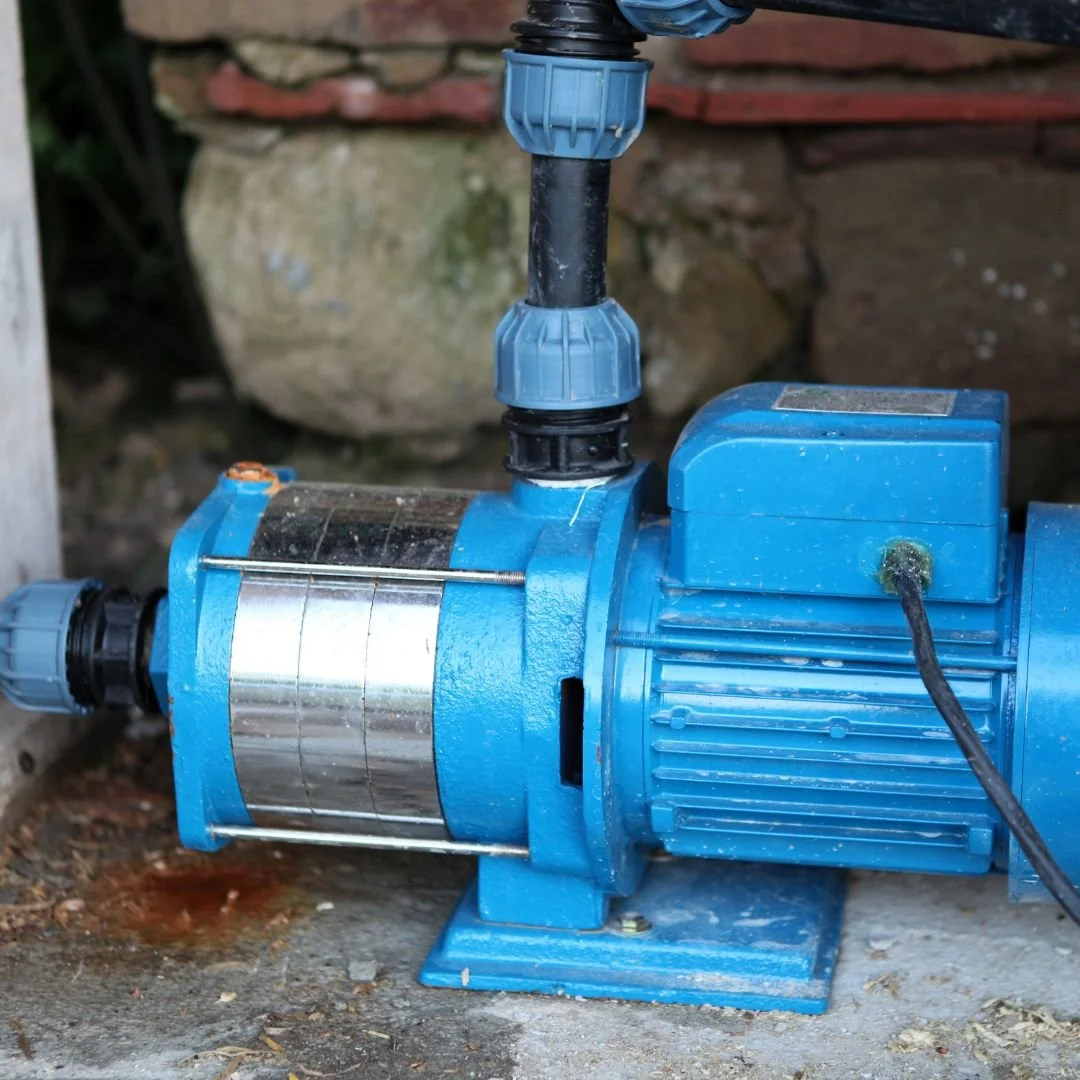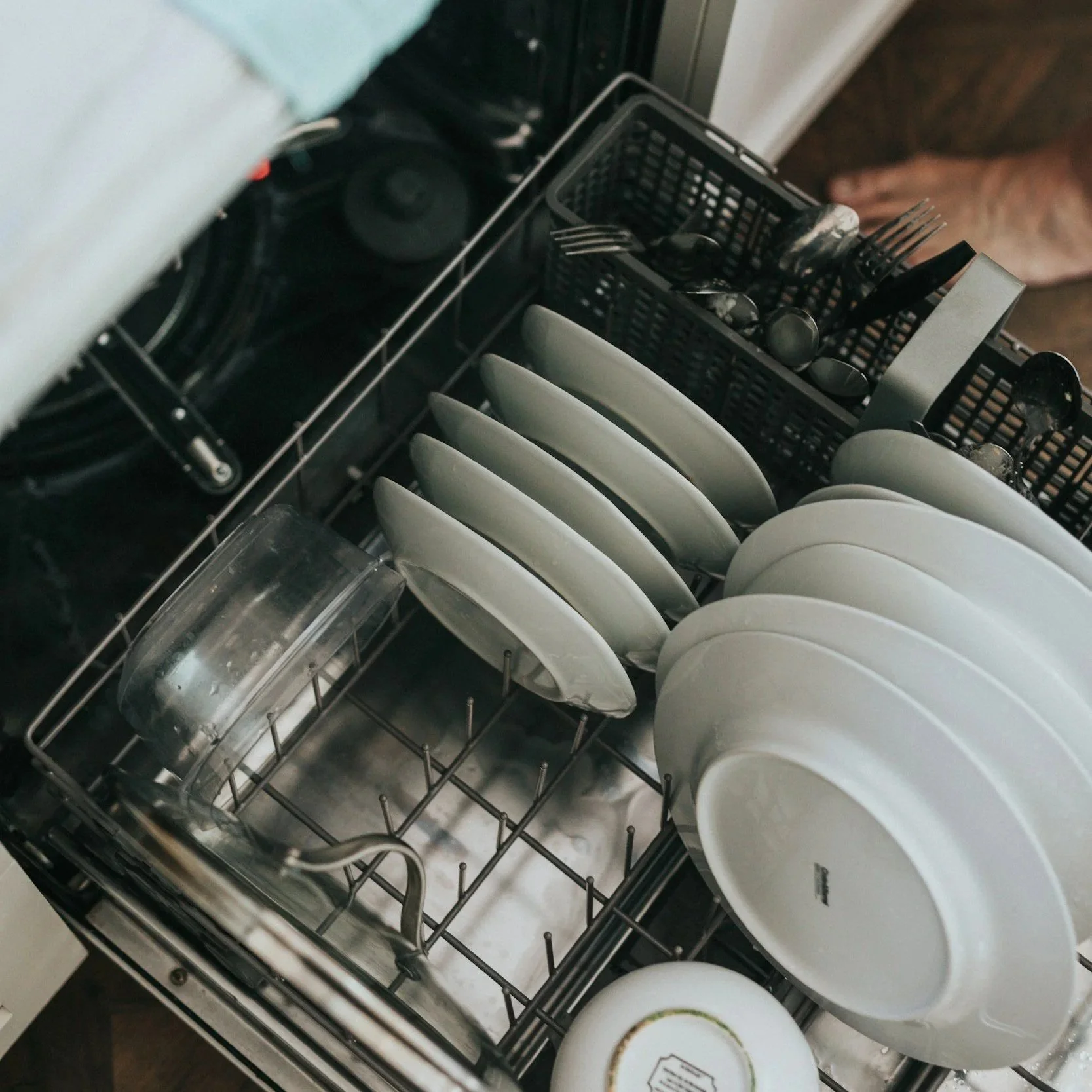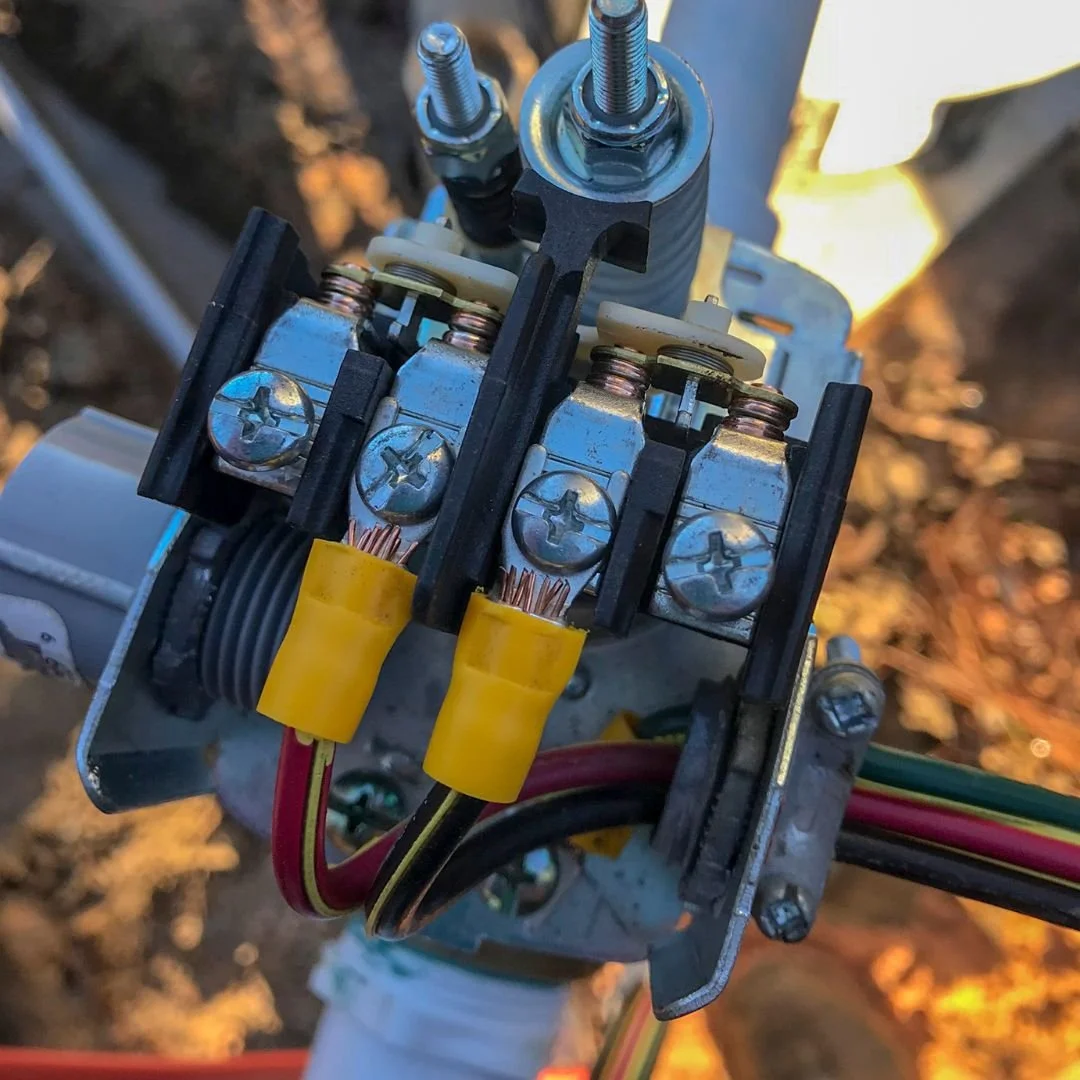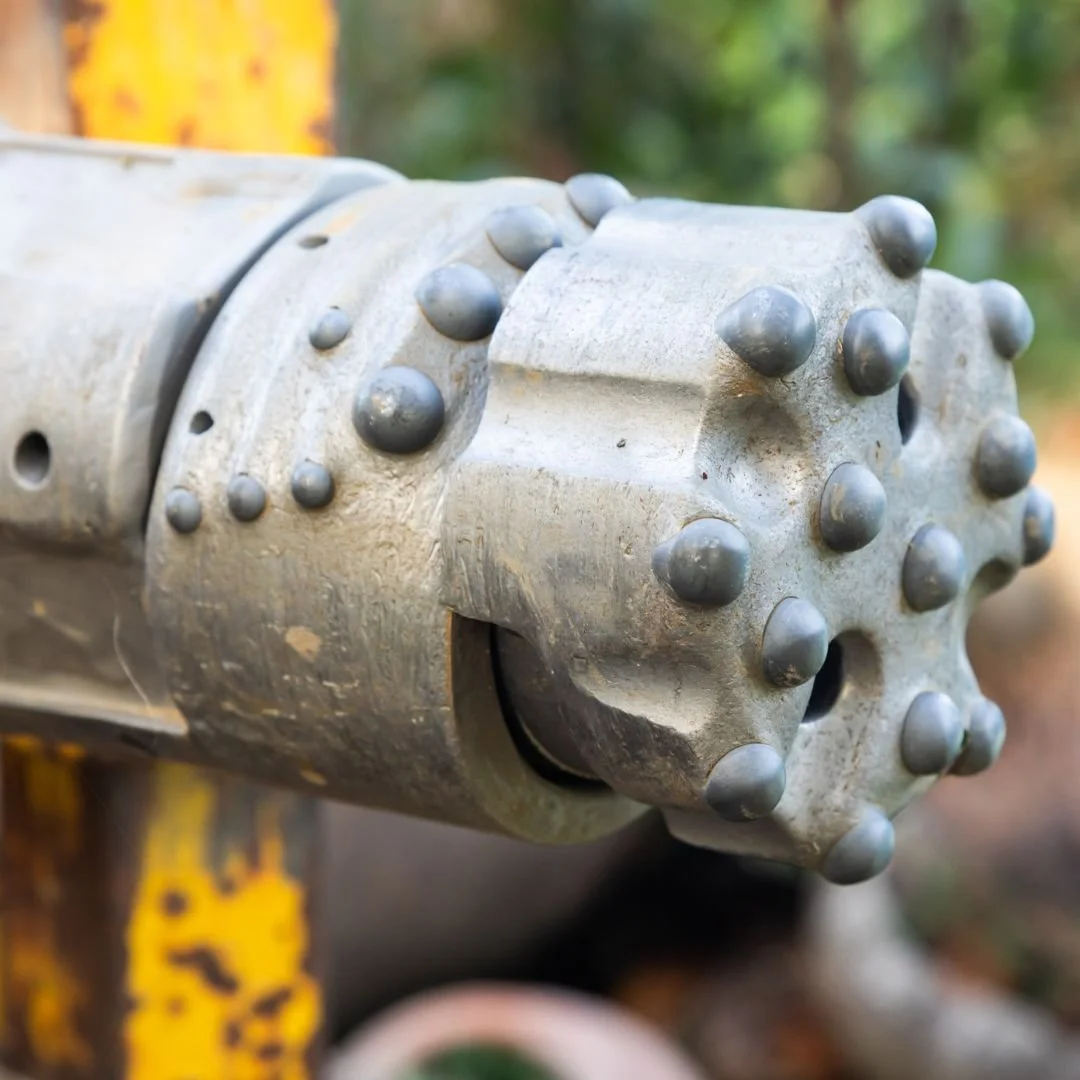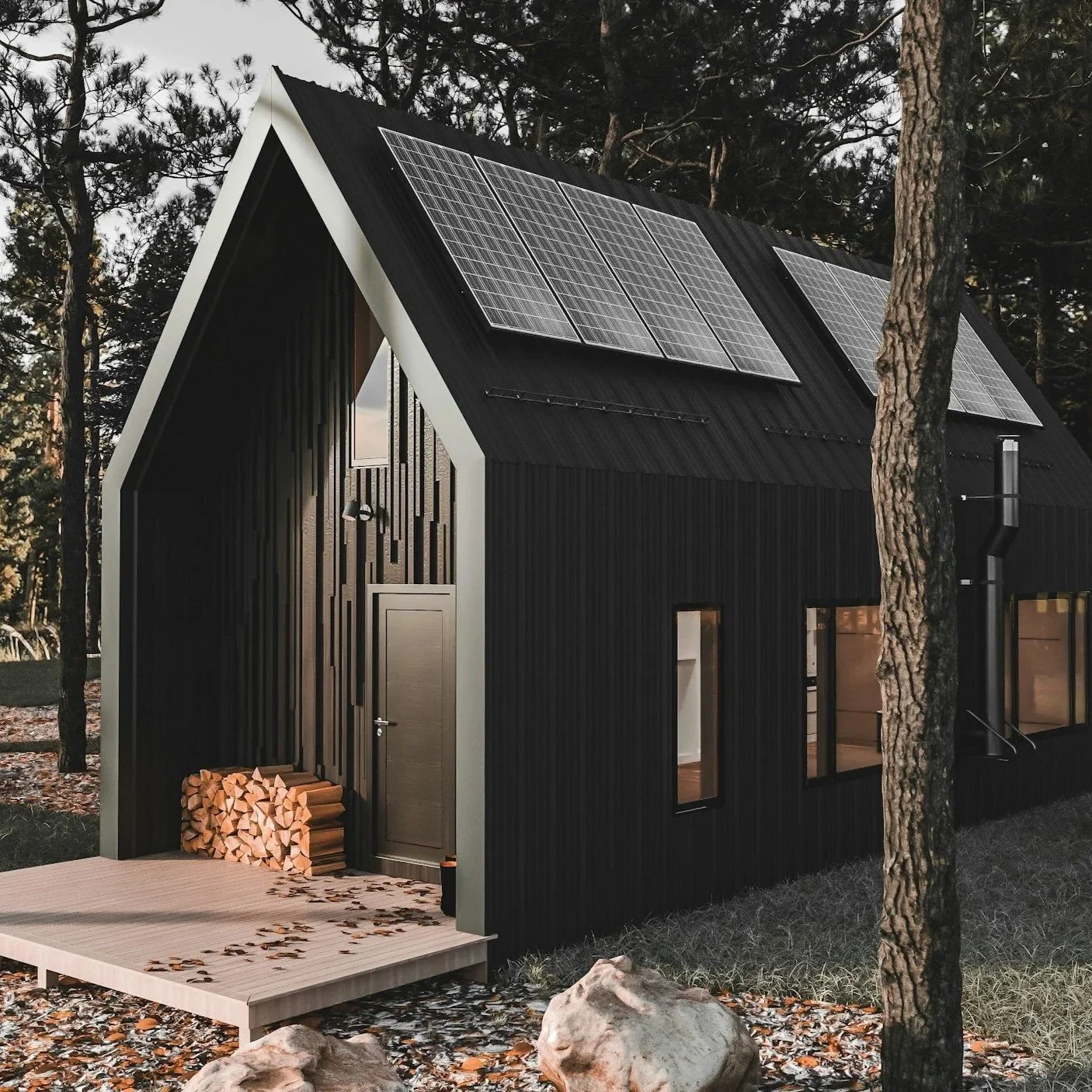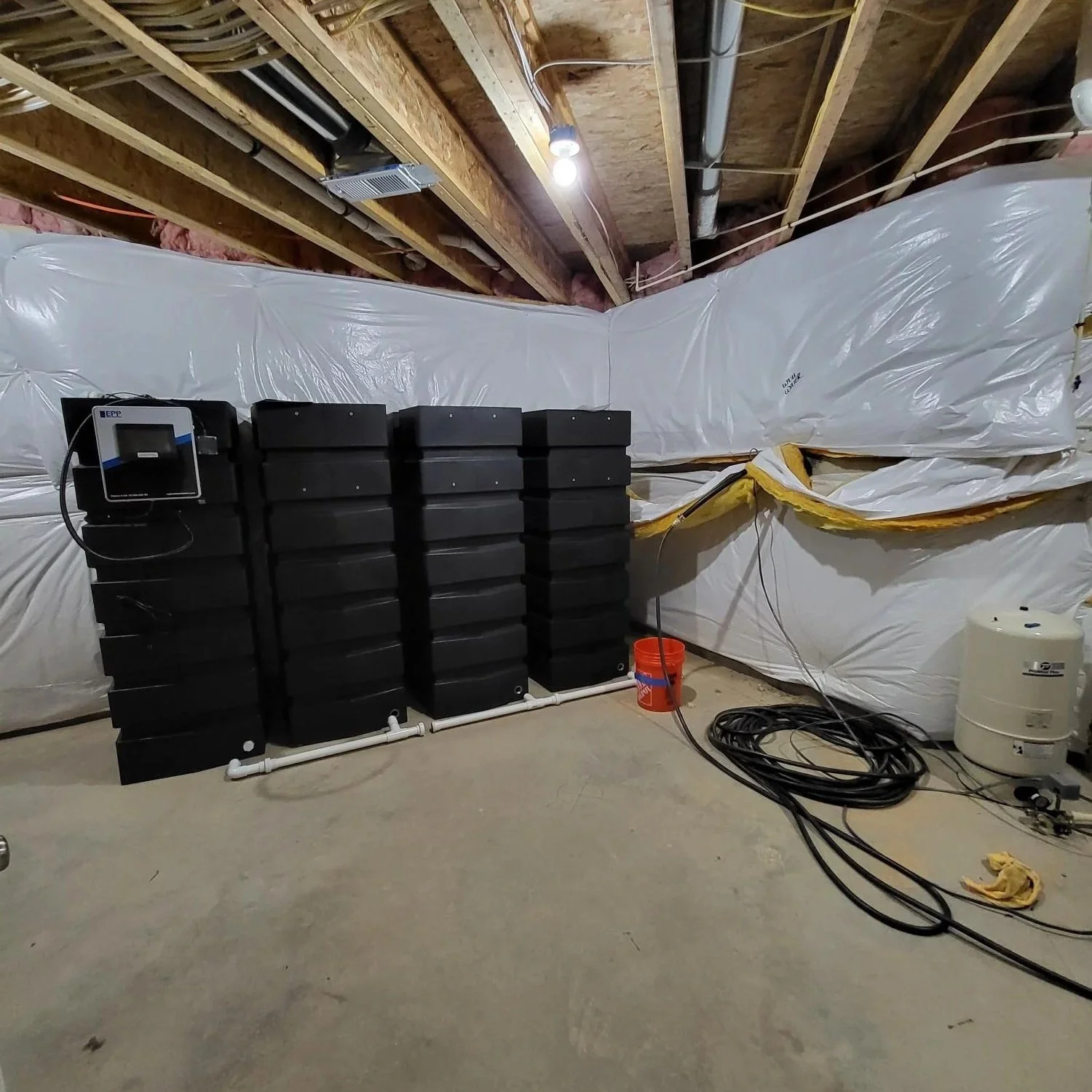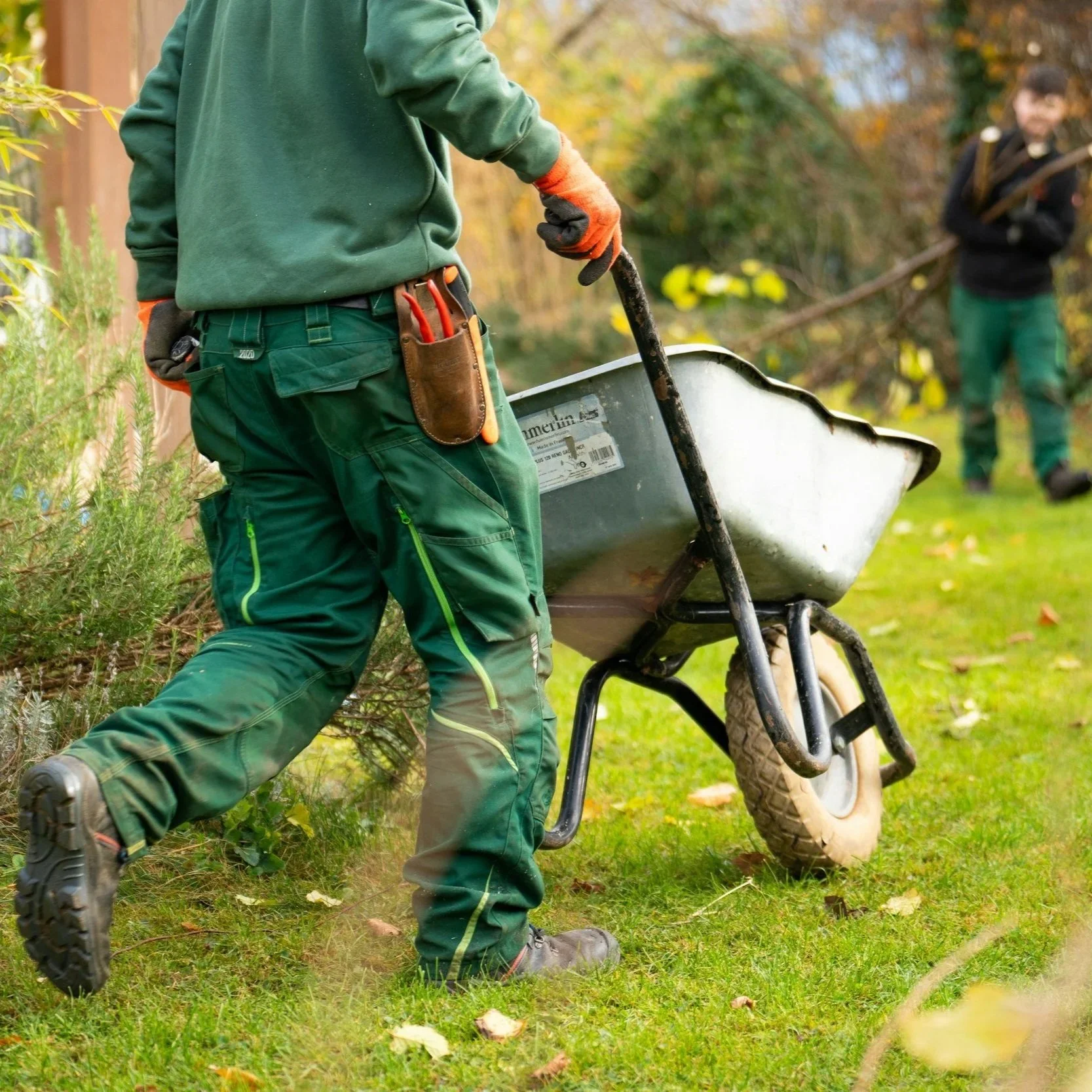Booster Pumps VS Water Storage Solutions
For homeowners relying on private wells, ensuring a reliable water supply and consistent pressure is essential for daily tasks like showering, laundry, and irrigation. However, low-yield wells or systems with inadequate pressure can struggle to meet demand, especially during peak usage times. Two common approaches to address these issues…
What is Mineral Incrustation?
Mineral incrustation is a common issue for homeowners relying on private wells, where minerals like calcium, iron, or manganese build up on well components, reducing water flow and efficiency. This buildup can significantly impact well performance, particularly during peak usage times when demand is high.
What is Optimal Well Pressure and How to Increase it
Maintaining optimal well pressure is crucial for homeowners relying on private wells to ensure consistent water flow for daily tasks like showering, laundry, and irrigation. Inadequate pressure can lead to weak showers, slow appliances, or insufficient water supply, especially during peak usage times when multiple fixtures are in use.
How to Optimize Your Well for High-Demand Appliances
High-demand appliances, such as washing machines, dishwashers, or irrigation systems, can place significant stress on a private well system, especially during peak usage times when multiple devices operate simultaneously.
How to Choose the Right Well Water Treatment System
Unlike municipal water, well water isn’t treated before reaching your tap, making it susceptible to contaminants like bacteria, nitrates, or heavy metals. Choosing the right well water treatment system can protect your health, improve water taste, and extend the life of your plumbing and appliances.
The Pros and Cons of Upgrading Your Well Pump Controller
For well owners, the well pump controller is a critical component of their water system, managing the flow of water from the aquifer to the household. As technology advances, upgrading an outdated controller to a modern, smart, or automated system can significantly enhance well performance, especially for low-yielding wells.
The Connection Between Well Depth and Water Quality
For homeowners relying on well water, ensuring a clean and reliable supply is paramount. While factors like aquifer health and well maintenance play significant roles, one critical yet often overlooked aspect is well depth.
Well Water for Tiny Homes: Solutions for Limited Space
The tiny home movement has captured the imagination of those seeking simplicity, sustainability, and freedom from traditional housing constraints. For many tiny homeowners, especially those in rural or off-grid settings, well water is a natural choice for a reliable and independent water supply.
The Benefits of Modular Water Storage Systems for Well Owners
For homeowners dependent on well water, maintaining a steady and reliable water supply is a persistent challenge. Low-yielding wells, seasonal variations, or sudden demand surges can interrupt daily routines, leaving families searching for effective solutions.
The Impact of Landscaping on Your Well’s Performance
While much attention is given to well maintenance, pump efficiency, and storage solutions, one often-overlooked factor is the impact of landscaping on a well’s performance.
How to Optimize Your Well System for Vacation Homes
Vacation homes, often situated in rural or remote areas, frequently depend on private wells for water, presenting unique challenges for maintaining a reliable and efficient system.
What does peak water usage mean?
Peak water usage refers to the period when a household’s water consumption reaches its highest level, often straining the capacity of a private well, community well, or municipal water system.
How much water does a person use on average?
Water is a vital resource, and understanding individual water usage is essential for homeowners, particularly those relying on private wells, where managing water supply is critical. Knowing average water consumption helps in planning well maintenance, choosing appropriate systems, and ensuring sustainable use, especially for low-yield wells.
The Pros and Cons of Community Wells vs. Private Wells
Choosing between a community well (also known as a shared well) and a private well is a significant decision for homeowners, particularly in rural areas where municipal water systems are unavailable. Each option offers distinct advantages and challenges, impacting water access, cost, maintenance, and reliability.
How to Choose Between a Bladder Tank and a Diaphragm Tank
Two common types of pressure tanks—bladder tanks and diaphragm tanks—offer distinct designs and benefits, making the choice between them dependent on factors like household water needs, maintenance preferences, and budget.
How to Maintain Consistent Water Pressure in a Multi-Story Home
Maintaining consistent water pressure in a multi-story home is a critical aspect of ensuring a comfortable and functional living environment, yet it poses unique challenges, particularly for households relying on private wells, shared wells, or city water systems.
How to Protect Your Well from Contamination Risks
Private wells provide a reliable source of water for millions of homeowners, offering independence from municipal systems and access to fresh groundwater. However, wells are vulnerable to contamination from various sources, which can compromise water quality and pose health risks.
The Role of Well Rehabilitation in Restoring Yield
Well rehabilitation, a collection of techniques designed to restore a well’s output, is frequently considered a practical solution to address these challenges. While rehabilitation can provide temporary improvements, it’s not always the most durable or effective approach.
The Impact of Nearby Construction on Your Well’s Yield
Nearby construction projects, from residential developments to road expansions, can pose significant risks to the yield of private wells. These activities can disrupt groundwater flow, alter aquifer dynamics, and introduce contaminants, potentially reducing the amount of water your well produces.
How to Choose the Right Well Depth for Your Property
Selecting the appropriate well depth is a critical decision for property owners relying on private wells for their water supply. The depth of a well often impacts its yield, water quality, and long-term reliability, affecting everything from daily water needs to maintenance costs.

